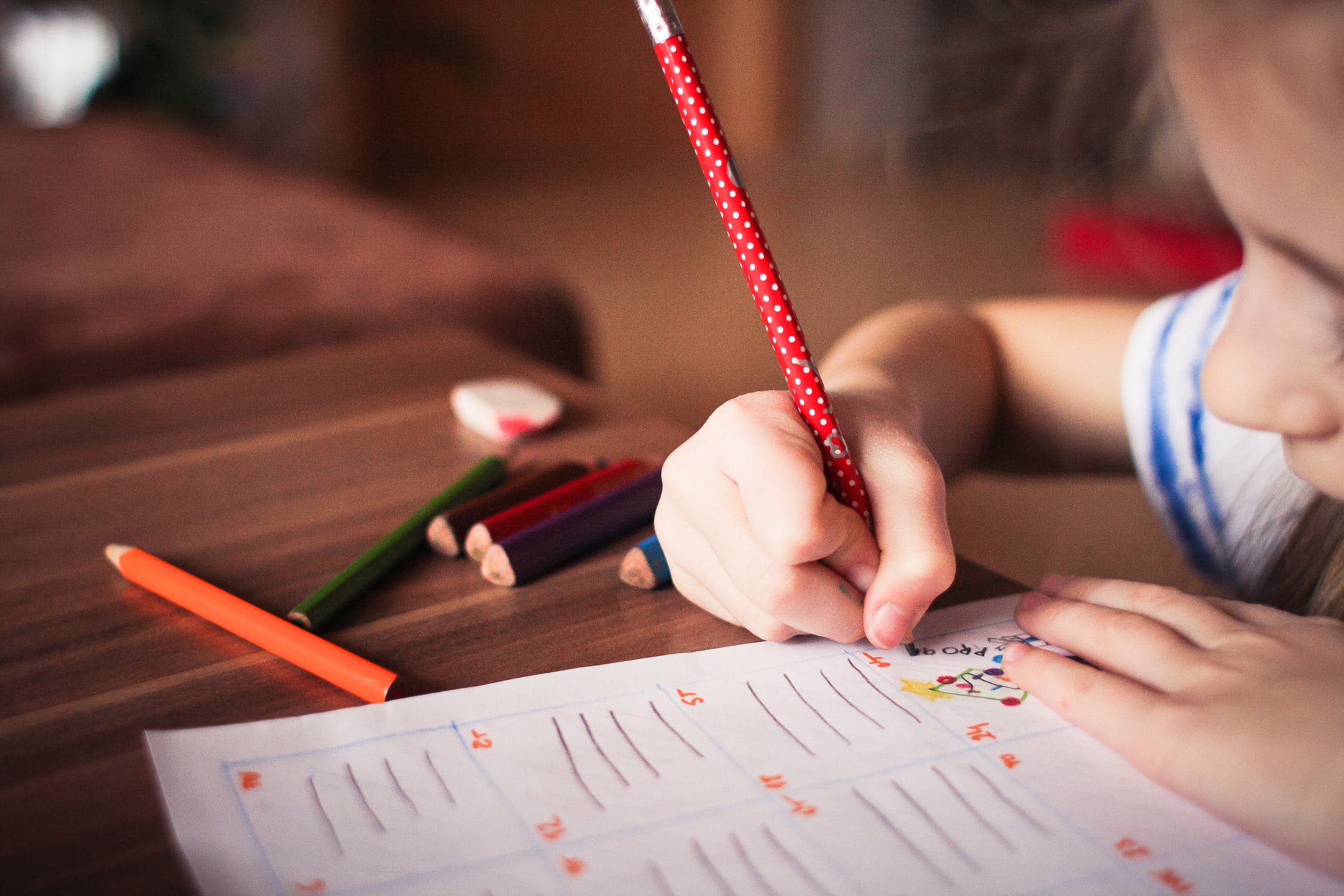Kids prefer paper books. Can educators and tech companies allow it?
As a homeschooler, I placed a premium on creative, active pursuits rather than screens. It wasn’t difficult to leave the television off, to wait till they were older to introduce the computer, or to live happily without social media. But in the early years, we listened to audiobooks a lot, and at times I tried to take account of the effects. For example, looking back, I see that I returned to the issue several times on this blog:
- “Homeschool by the Dozen” (2008)
- “Getting to Wonderland” (2009)
- “Audiobooks Reconsidered” (2009)
- “Audiobooks, Physical Books, and David vs. Goliath” (2017)
In this day of AI alarm bells and digital surveillance and post-Covid “immersive learning,” worrying about audiobooks vs. paper books seems innocent. But the question is as relevant with new technologies as it was with the old: When we link an active human mind to a tool, where is the line between helping and hurting its highest capacities?
Given my interest in the subject, I read Holly Korbey’s “How to teach kids who flip between book and screen” with interest, enjoying its thoughtful grappling with some challenges teachers face in teaching children to read in the digital age. Korbey writes,
Digital technology has transformed how we get knowledge in ways that will advance and forever alter our species. But at the individual level, the same technology threatens to disrupt, even diminish, the kind of slow, careful learning acquired from reading books and other forms of print.
She points to studies of children as young as three or four that show increased benefits from enjoying a paper book read by an adult (like a parent) over listening to an audiobook, reading on an app, or reading on an iPad. Research shows that even older children (4th grade) who use tablets in most of their classes suffer a significant loss of reading comprehension. Interestingly, one researcher pointed out that children who read on laptops overestimate their comprehension compared to those who read paper books. It reminded me of something I read in Nicholas Carr’s “How iPhones Hijack Our Minds”:
When people call up information through their devices, they often end up suffering from delusions of intelligence. They feel as though “their own mental capacities” had generated the information, not their devices. “The advent of the ‘information age’ seems to have created a generation of people who feel they know more than ever before,” the scholars concluded, even though “they may know ever less about the world around them.”
Young readers aren’t the only ones affected, it seems!
Not only do students read better when they use paper books; they enjoy them more. When interviewed, students think of reading a physical book as “real reading.” They like how it feels in their hands, how easy it is to navigate back and forth between what they’re reading and what they’ve already read, and in general they find the experience more rewarding and enjoyable — especially, for developing readers, if they are reading a book with a parent.
What troubled me is the sense of inevitability that attaches to the idea of adding technological aids despite research and children’s preferences. Korbey writes,
The use of digital books and textbooks exploded during the pandemic, and it may be only a matter of time before all educational publishing moves online. So it’s all the more important to keep making digital reading better for students, says literacy educator Tim Shanahan. Instead of trying to make the digital technology more like a book, Shanahan has written, “[engineers] need to think about how to produce better digital tools. Tech environments can alter reading behavior, so technological scaffolding could be used to slow us down or to move around a text more productively.”
What troubling logic! In other words, this “literacy educator” is saying readers must be changed to better align with what educational publishing plans to do; consumers must be altered to match what producers want to sell. What is the purpose of education in such a universe? True literacy is a key to greater freedom, not greater dependency on expensive tools and their control of the reading experience.
Not surprisingly, Microsoft is working on a tool that will enable children to learn to read exclusively online, without human interaction. Although I see a role for technology in learning, such an initiative seems like yet another way to separate children from parents. It also contradicts the research that shows children learn to read best with human interaction. Why reduce reading instruction to the method used to train chatbots? If we train people like robots, robots may be what result.
I don’t believe my angst over audiobooks was entirely misplaced, and MaryAnne Wolf confirms this in her research on the superior cognitive development that comes from “deep reading.” She sounds a warning in this passage from Korbey’s article:
Once students can decode words and comprehend their meaning, the real work of reading begins. This is what Wolf calls “deep reading,” a specific set of cognitive and affective processes in which readers are able to take in whole chunks of text at a time, make predictions about what comes next, and develop lightning-fast perception. These interactive processes feed each other in the brain, accelerating understanding. . . .
If today’s kids read only from screens, Wolf says, they may never learn deep reading in the first place—that elaboration of the brain’s reading circuit may never be built. Screen reading may “disrupt and diminish the very powers that it is supposed to advance.”
“We are amassing data that indicates there are changes in the reading brain that diminish its ability to use its most important, sophisticated processes over time when the screen dominates,” Wolf says.
Give me a human mind, reading deeply, any day of the week. If this vision is compromised or lost in the education industry, it will be up to parents to preserve it and ensure that our children retain the best and highest capacities of thought and creative potential.





